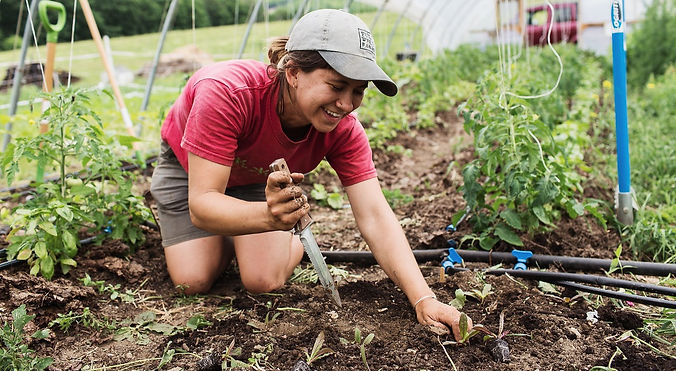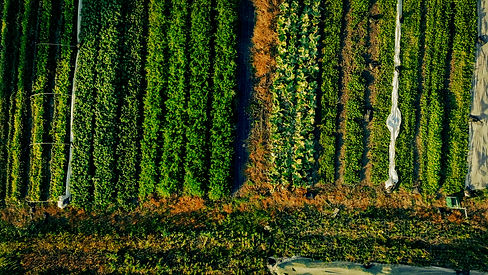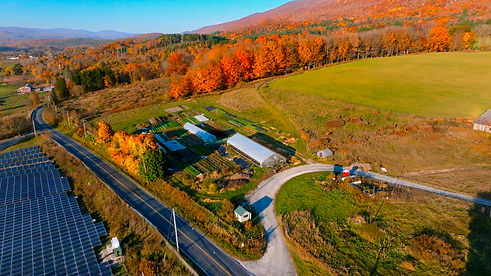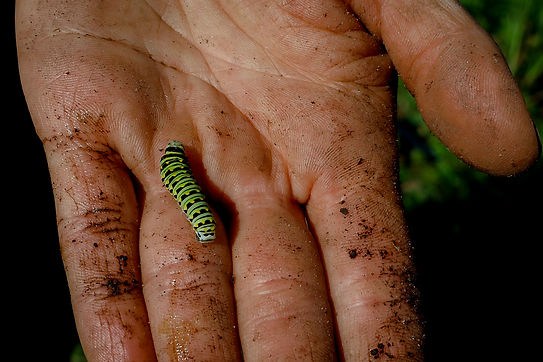

Community

Our
Story
Get to Know Us
Meg Bantle (they/ she) and Laura Tupper (they/ she) founded Full Well Farm in 2018.
Full Well is currently two acres of permanent, no-till beds. It is located on the ancestral homelands of the Muhheaconneok or Mohican people and the Wabanaki Peoples, who are the indigenous peoples of this land, named Adams, Massachusetts in English. FWF is also located on the Burnett Farm property, where Meg's grandparents ran their family dairy business for over 40 years.
Community drives everything we do at Full Well Farm. Our business model is rooted in social justice and the belief that everybody has the right to high quality produce. As a LGBTQIA+ and women owned farm, we strive to create a safe space in our community for all identities.
It is with gratitude and humility that we acknowledge that are farming and gathering on the ancestral homelands of the Muhheaconneok or Mohican people and the Wabanaki Peoples, who are the indigenous peoples of this land.
Despite tremendous hardship in being forced from here, today the Muhheaconneok or Mohican community resides in Wisconsin and is known as the Stockbridge-Munsee Community. The Wabanaki Confederacy includes the Mi’kmaq, Maliseet, Passamaquoddy, Penobscot, and Abenaki Nations, and still reside in many of their indigenous homelands, which at one time included the English named Western Massachusetts. We pay honor and respect to their ancestors past and present as we commit to building a more inclusive and equitable space for all.
Thank you to Heather Bruegl, Director of Cultural Affairs for the Stockbridge Munsee Community and historian, for sharing this acknowledgement with us. We are grateful for the opportunity to uplift the voices of the indigenous peoples of the land that we farm, and will work to support their sovereignty financially and politically.

Land Acknowledgement

Regenerative growing
practices
Community also drives our growing practices, which go beyond organic and no-till standards and focus on building soil life and sequestering carbon. From supporting pollinators, to planting cover crops, to maintaining soil structure for microbes, our growing practices at FWF demonstrate a deep respect for the larger ecosystems on the farm and a commitment to stewarding our land with sustainable practices in light of the urgency of climate change.
While we are not certified organic, our farming practices go far beyond what that label requires. Instead, we use regenerative agricultural practices that put the long term health of the soil and local ecology first.
Regenerative growing practices benefit from the long history of indigenous knowledge and land stewardship and we are grateful for that deep knowledge. Our practices will continue to benefit the health of the local environment while also producing highly nutritious vegetables and beautiful flowers.


